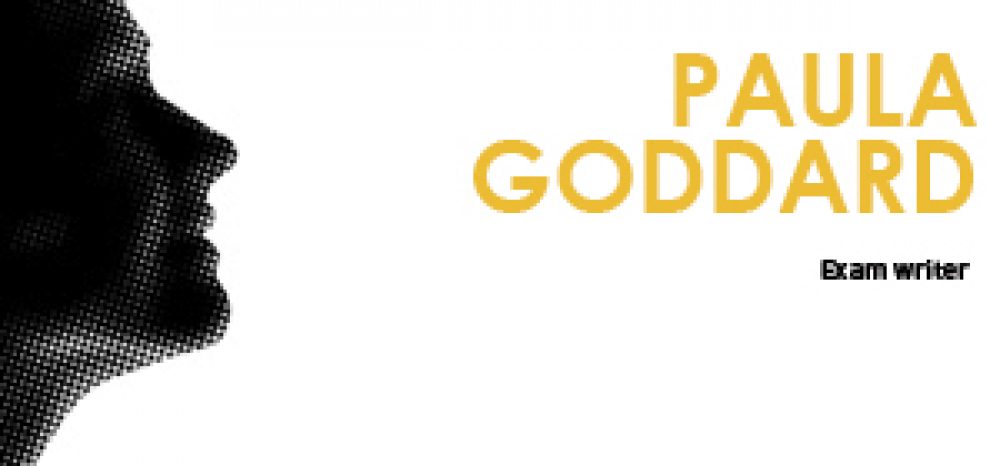After an Edexcel GCSE maths question about Hannah’s sweets went viral on Twitter yesterday, exam writer Paula Goddard gives an insight into the way question papers are put together.
The probability of orange sweeties and calculating the size of a lump of cheese – clearly the examination question writer was feeling a bit peckish when they wrote these questions. Because you tell a lot about the person who wrote the questions, and how they are feeling, by analysing the content of exam paper itself.
I wrote a whole raft of questions about electric toothbrushes (their design, the choice of plastic used to make them, the marketing of entry-level versus superior models) all because I’d just indulged in some post-breakfast brushing before embarking on that elusive quality – trying to come up with original exam questions that don’t offend anybody and don’t look too similar to last year’s.
So how does the examiner come up with ideas for exam questions? Well initial ideas can come at anytime whenever they read, hear or see something that could be turned into a question – a fact read on a packet of breakfast cereal, an overheard conversation on the train home or the pastimes and interests of the exam writer can all trigger the beginning of an exam question.
Creating testing solutions to exam topics isn’t a 9 to 5 job. That’s why you’ll always find scraps of paper and pencils lying next to all exam writers’ beds and kettles as well as littering coat pockets.
Last year’s scribbles, or the year’s before that, can prove a boon to the exam writer trying to come up with an original question that matches the exam specification they’ve read, and digested, several hundred times already.
Originality year on year, matched to the exact phrasing of the what-should-be-in-the-test specification, isn’t easy but you learn a few tricks after the first attempt at writing an exam paper when you put everything in and left yourself nowhere to go with next year’s paper.
So don’t write a question that covers all aspects of the assessment criteria (the break-down of the exam specification into component parts). Most lists of what the student will be tested on contain the magic word “and” which, to the exam writer, means this year’s paper will contain questions preceding this useful conjunction and next year’s will test on the latter half.
Never, ever write an exam question in everyday language – always use the so-called “command” words such as “explain”, “discuss” or the wonderful catch-all mathematical calculation phrase “show your working”. There was a brief phase about 10 years ago when exam writers were instructed to be “with it” and write the questions in a “natural” style. Bad, bad move because it led to the case of the diagram of a right-angled triangle in a maths question where one side was labelled “x” and the candidate was asked “to find x”. You know what’s coming don’t you? Rather than “showing their working” one responder added a large arrow pointing at “x” and writing “here!”. Badly written questions inspire badly written answers.
Personalising exam questions with a fictional name seems to have stuck though. And it can be pretty tricky coming up with names that represent the full range of ethnicities, ages and backgrounds the UK or overseas reader of the question can identify with. “Hannah” calculating her sweet ration may seem a little Euro-centric but flick through the back catalogue of exam papers and you’ll find an equal littering of Lesleys, Ahmeds, Jiskas, Yasmins and Vincents.
As an exam writer I’ve never been specifically told to use ethnically diverse names with an equal gender split but making sure the questions reflect the nature of the market they’re going to be published in just seems like common sense.
Now there’s probably a six-pointer exam question on that. Where’s my notepad?







Your thoughts